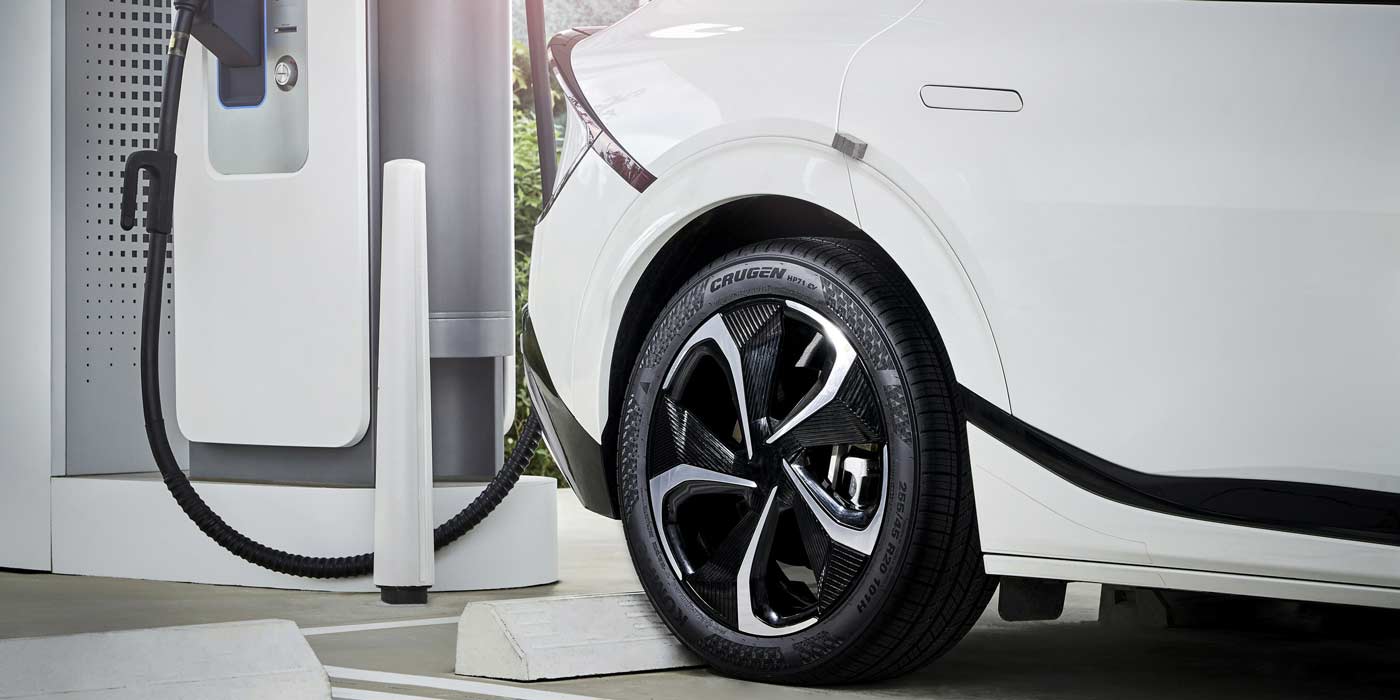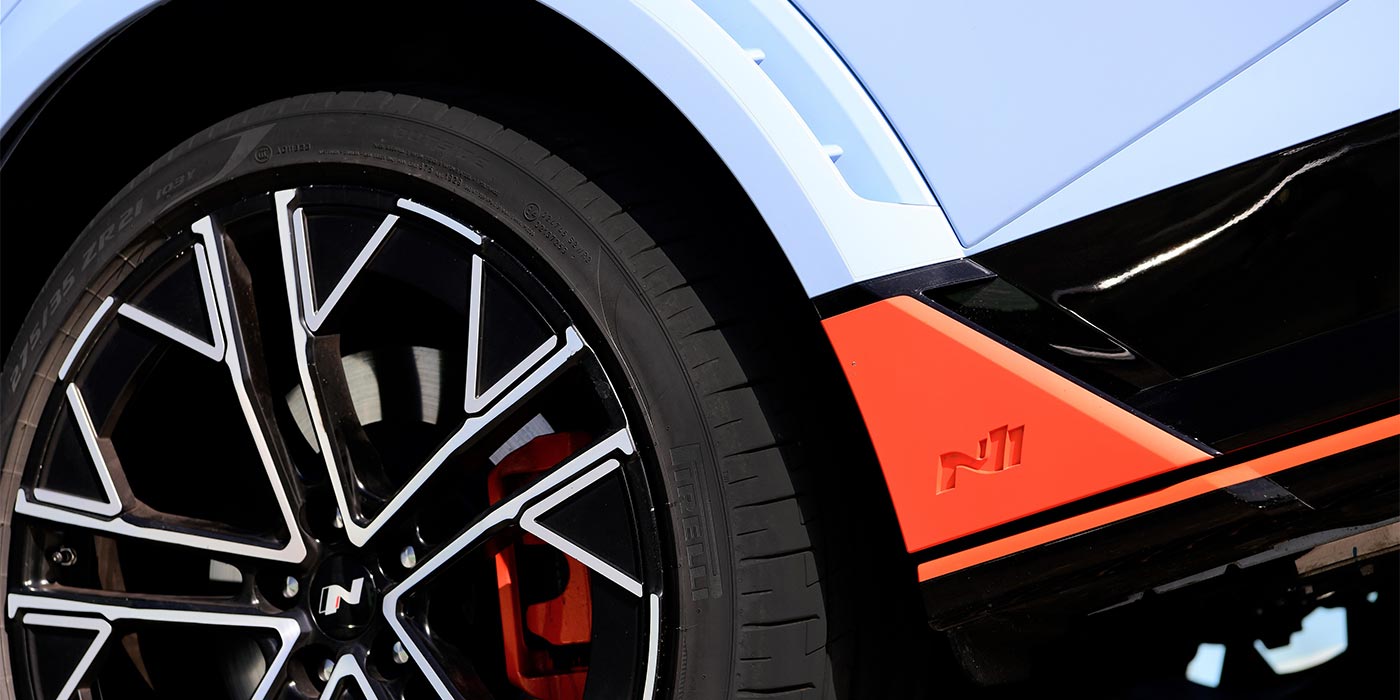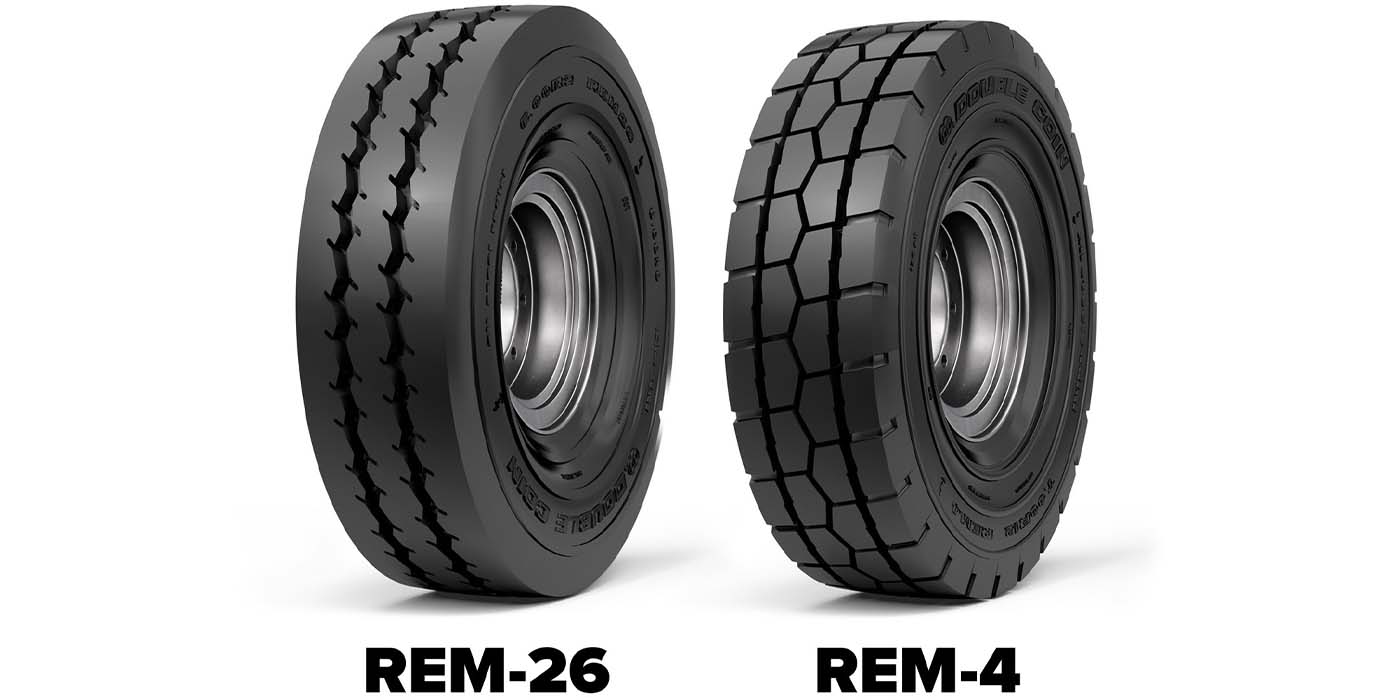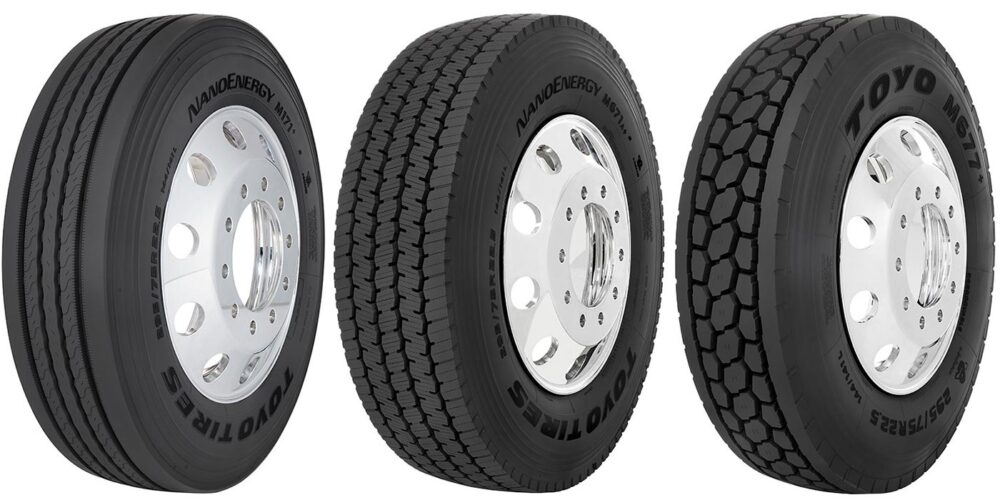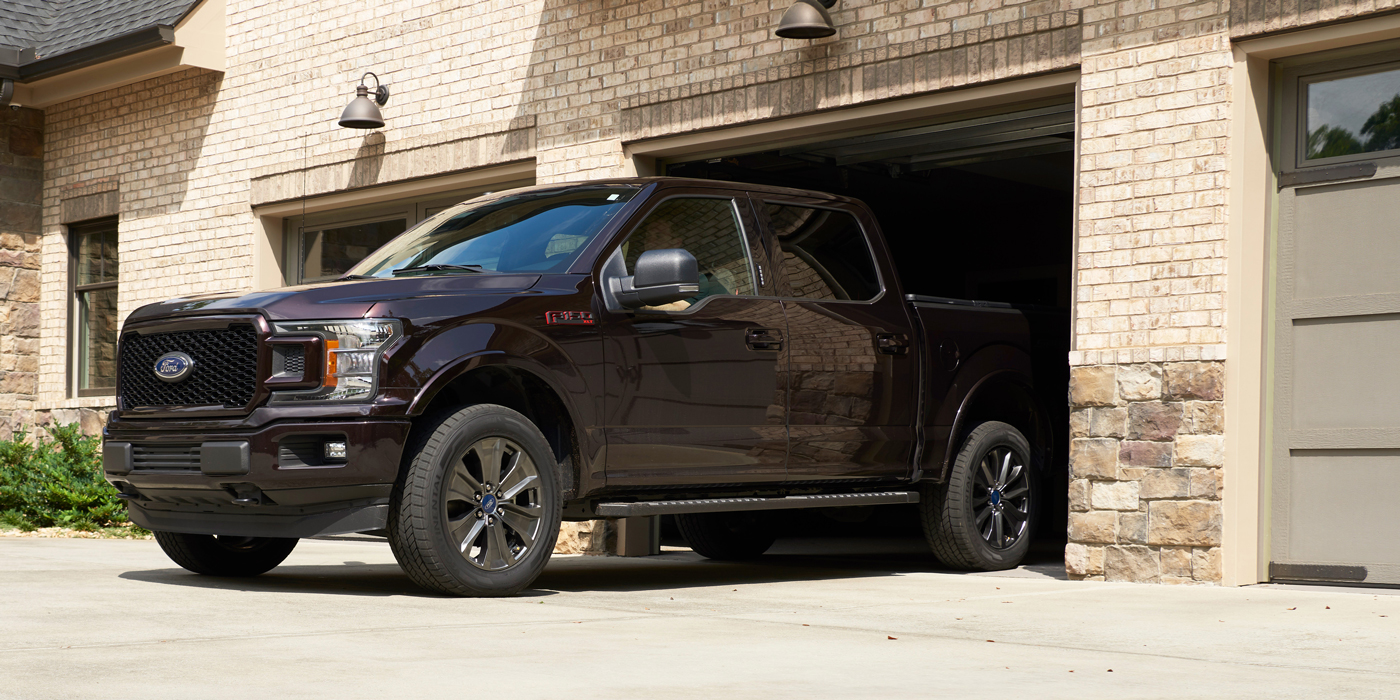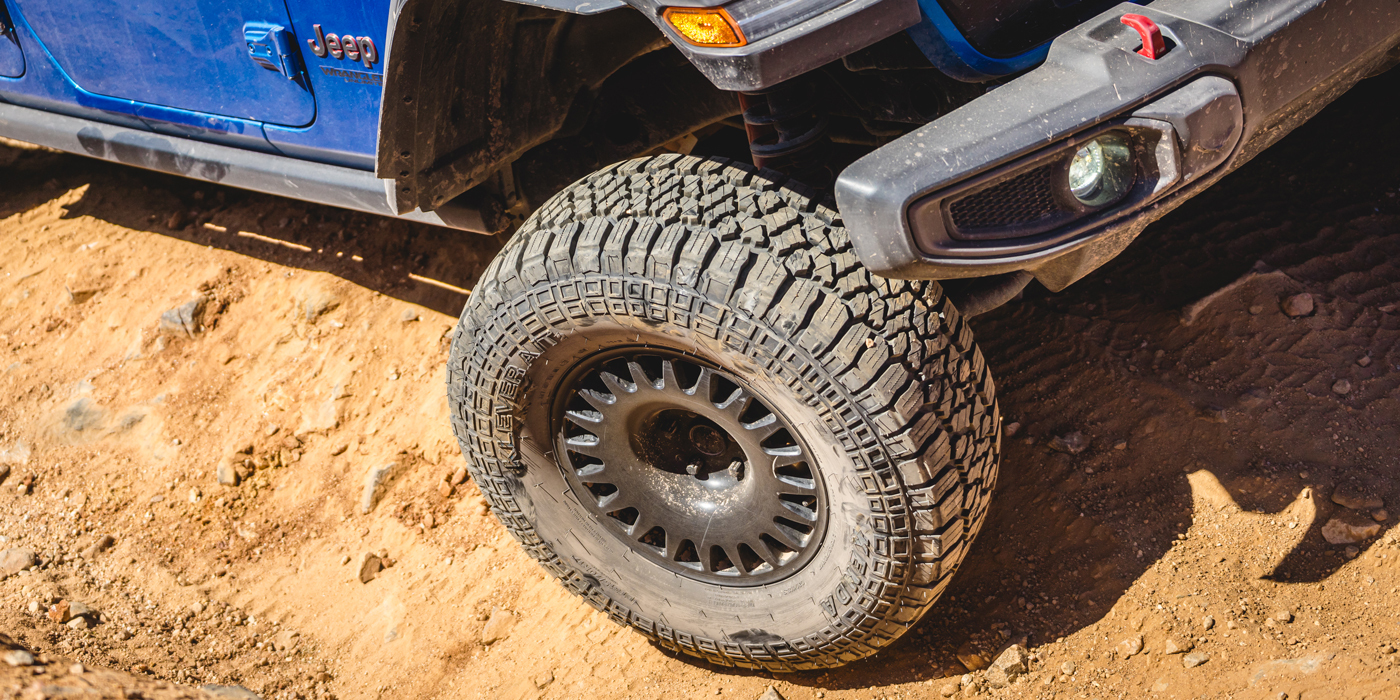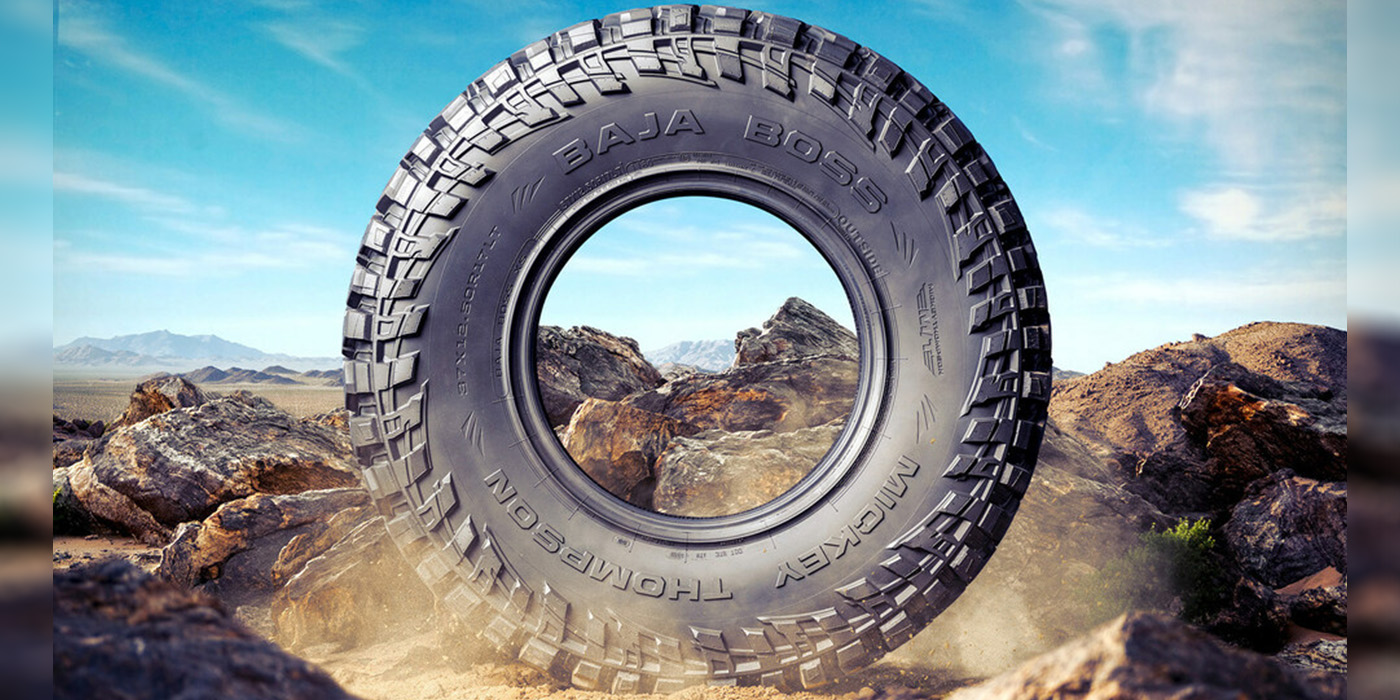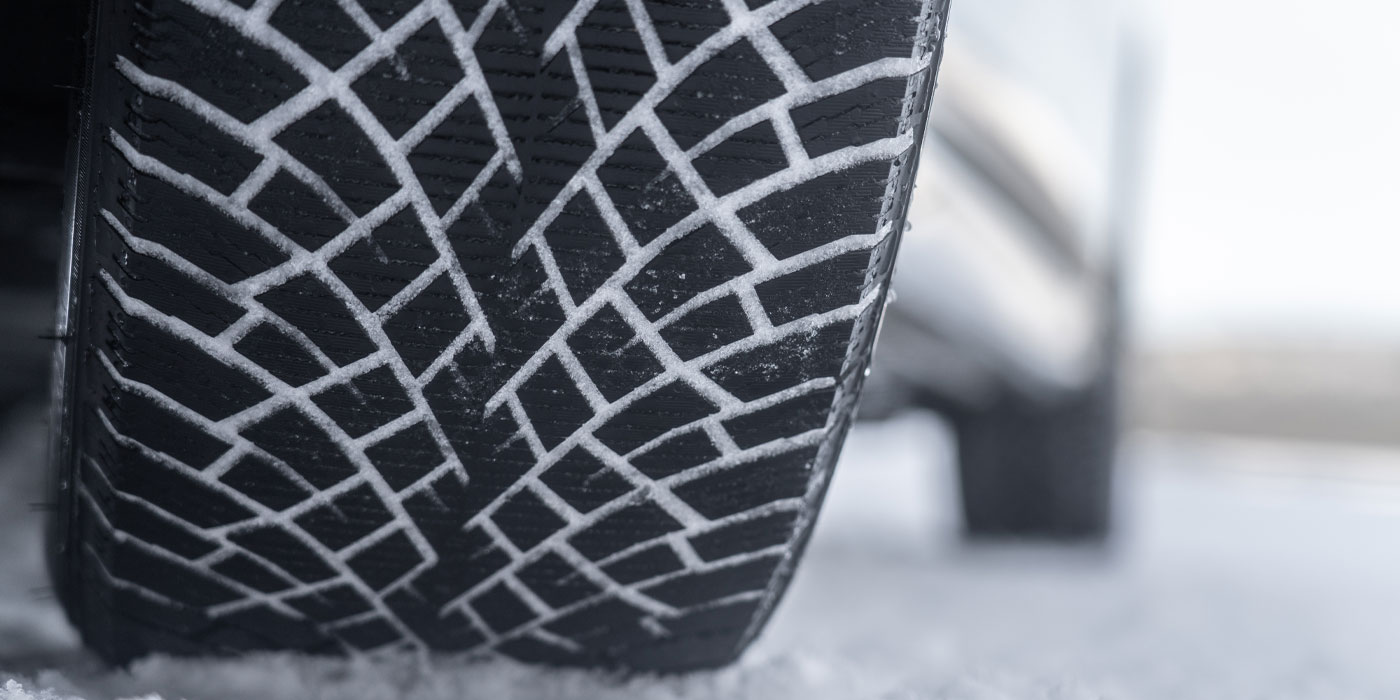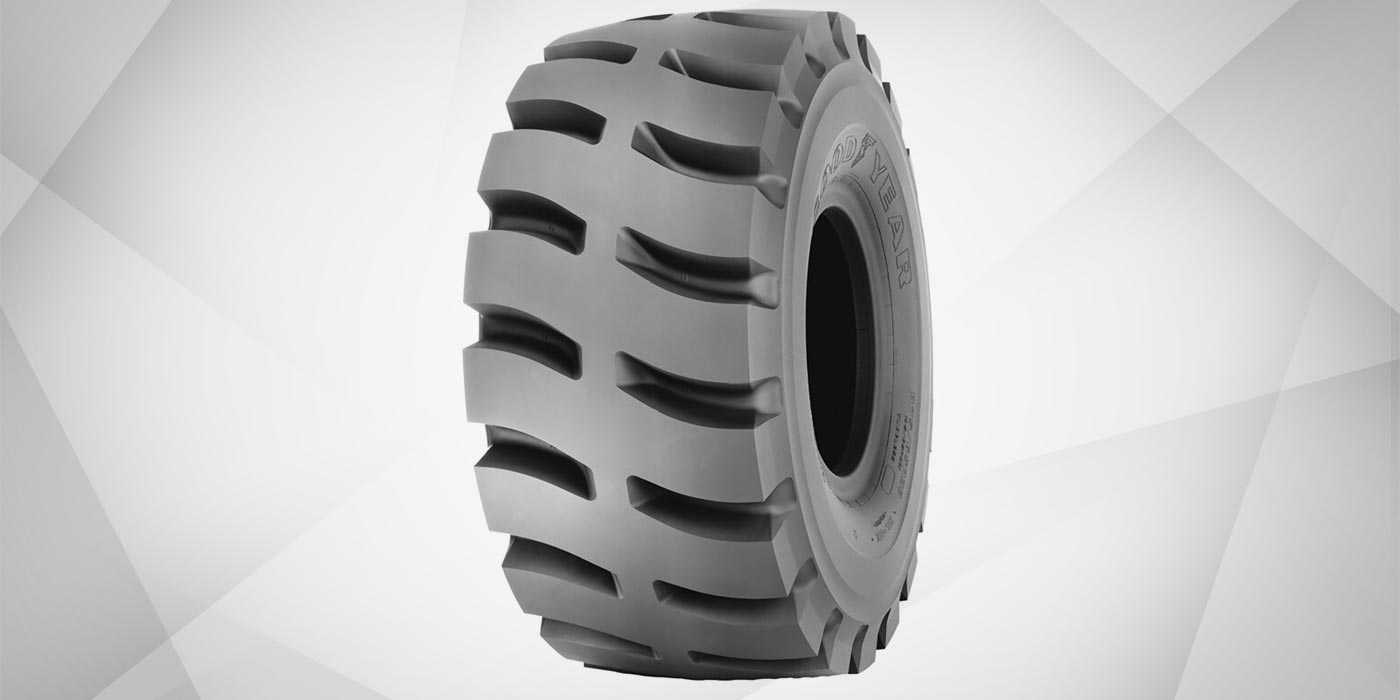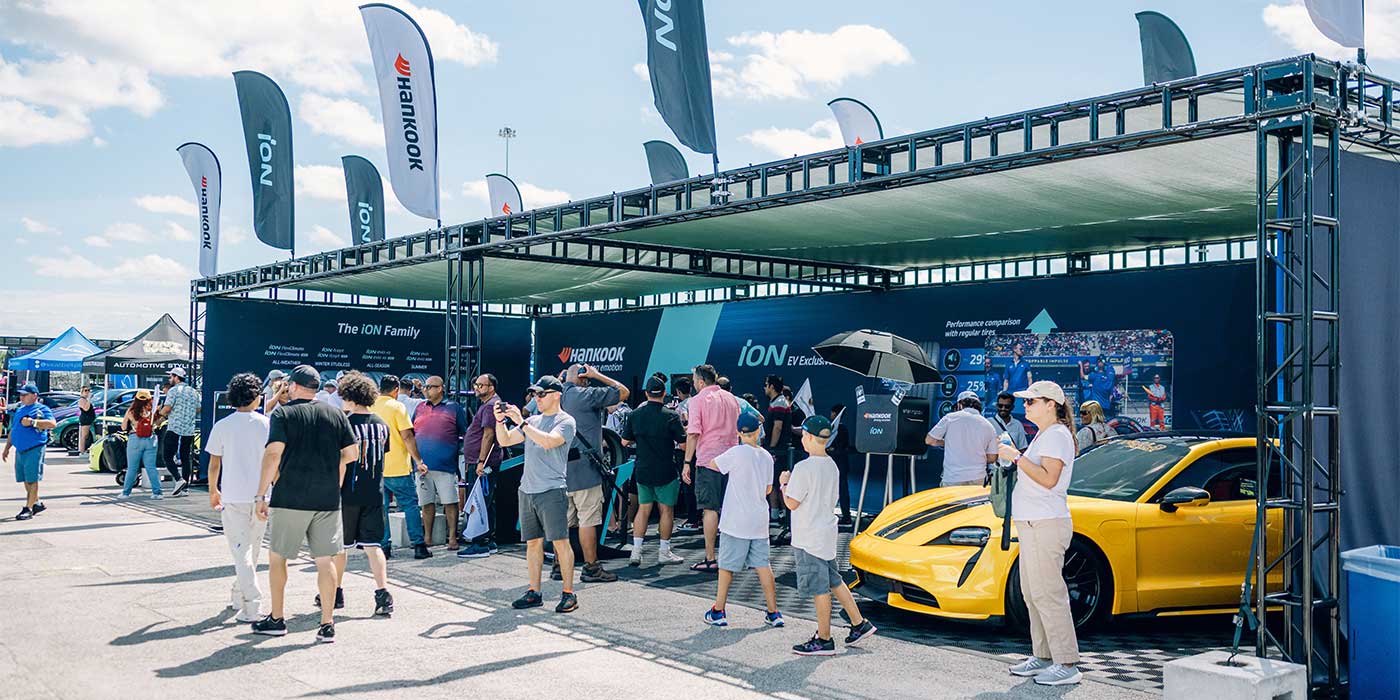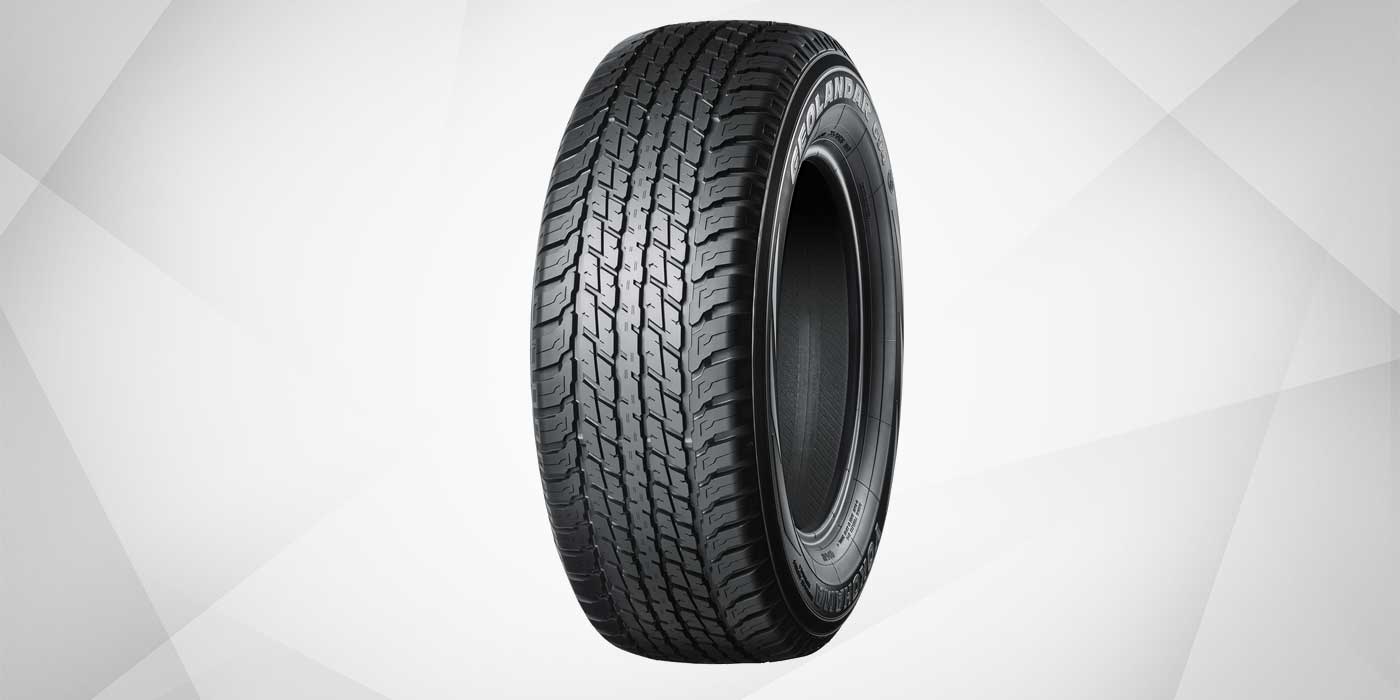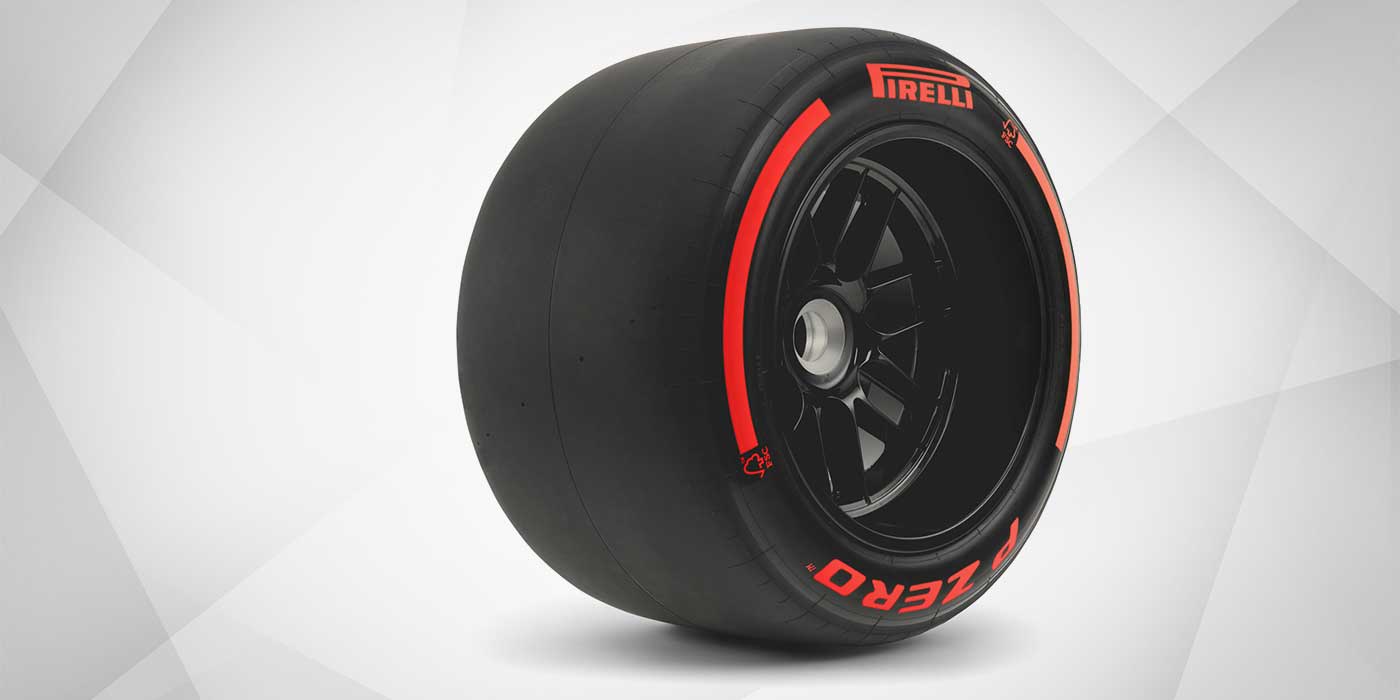So you want to get into the business of selling unique tires? Let’s see…how about starting off with a low-volume product line with relatively low margins in a market that’s so small no one can seem to estimate its size – or potential? Hmmm. That sounds like a great opportunity. Okay, zap – you’ve now entered the R-compound tire zone.
R-compound tires are ‘street-legal,’ DOT-approved tires used primarily by weekend racers at a variety of venues.
These tires were ‘born’ when some forms of auto racing instituted classes that began to require DOT-approved street tires. A few manufacturers similarly began to market tires that, on the outside, resembled their own offering of high performance street tires, but with the least tread permissible and with very soft, sticky tread rubber intended specifically for competition.
Because the soft tread would wear too quickly for street use, these became known, loosely, as R-compound (race) tires.
With additional years of progress, this class of tire has followed its own line of development, to the point at which, today, the tires have little in common with true street tires of the same brand. Ironically, this has led to new classes of racing which require not only DOT approval, but also a minimum treadwear rating, in an effort to eliminate the R-compound tires from competition and require ‘true’ street tires. But, that’s another story.
“It’s a softer compound tire and is used primarily by weekend racers,” says Bob Shaffer, marketing manager of sports car racing for Goodyear. “It’s used in off-street racing, but it has to be approved for on-street usage.”
Goodyear’s R-compound tire is an Eagle Sports Car Special and can carry a “D” designation for drag racing. However, Shaffer says, “there are 20 different classes in the SCCA (Sports Car Club of America) for which the R-compound tire is required.”
One of the largest sanctioning organizations providing an outlet for R-compound tire buyers, Shaffer and other industry experts agree, is the SCCA.
Based in Topeka, Kan., the SCCA boasts about 55,000 enthusiasts who participate in 70 events a year across North America. The number is slightly down from previous years, but Eric Prill, SCCA’s director of marketing communications, says, “we had a special promotion (with a partner) a few years ago, tied to a free membership offer. Otherwise, our numbers have been fairly consistent over the last several years.”
Prill adds that a better gauge of the increase in participation in SCCA races is the number of cars participating in the organization’s annual national events. It has grown from an average of 141 cars per event in 2000 to 152 today. “Obviously, those drivers want to be as competitive as they can, and certainly, tires are an integral part of that speed component.”
Logic dictates that if the number of weekend racers is increasing – albeit slowly – then the number of tires is increasing incrementally.
The fact remains, however, that R-compound tires are designed specifically for the track. They stick like glue and usually have stiff sidewalls. They may even cost less than high-end street tires (Estimated costs range from $150-$250 per bias tire; radials start at around $250.).
So, why would someone want to get into the business at that level?
“It’s very simple,” says Frank Secondari, a passenger tire development engineer at Kumho. “We’re in it to promote the company name. It’s a promotional and development activity rather than a profit-making activity.”
Kumho manufactures three distinct R-compound tire lines – the Victoracer V700; Ecsta V700 and the Ecsta V710. The tires give enthusiasts an entry-level offering, medium-level tire and a premium, top-of-the-line R-compound tire.
“When a driver switches to these tires, there is an incredibly noticeable difference,” Secondari says. “He has a much more connected feel with the vehicle, his tires and the steering wheel. In this market, though, there’s not much room for subjectivity. It’s go fast or lose.”
Kumho and Indiana-based Hoosier are the major players in this market.
“R-compound tires fit our profile perfectly; they’re racing tires, and there is a market need,” says Jeff Speer, road racing product manager for Hoosier.
Hoosier originally developed an R-compound as a slick (the R3S01) and then one with a holographic tread pattern (the R3S03) but eventually landed with the R3S04-6. The most up-to-date offering is the A6, introduced in March 2006. It has the R3S05 compound but includes two distinctive large “grooves” in an otherwise slick-looking tread pattern.
“The A6 is targeted to an upscale market,” says Speer. “In addition to SCCA, we work with several clubs, such as the Porsche Club, and certainly, members in those groups would be our target market.”
Michelin, also, is involved in the manufacture and marketing of R-compound tires. “It’s a niche market with several niches,” says Oscar Pereda, brand manager of high performance tires for Michelin North America.
Pereda admits that the market isn’t huge and says he can’t offer an estimate of its size. He does, however, defend Michelin’s market presence. “It provides us a forum to develop a deeper understanding of our entire line of products,” Pereda says. “It represents a great opportunity to help us to find out more about our customers and what they want.”
Michelin’s approach seems to work. Its family of Pilot Sport tires – Pilot Sport Cup and Pilot Sport PS2 – is popular among the enthusiasts. Evidence of this is its presence as original equipment on the BMW M3CSL and the Porsche 911 GT3. In addition, the line is available in 21 sizes for other cars, too, such as the Viper and Corvette – all pricey options.
Obviously, with this tire family, there is a definitive market. “Sure, we focus on the more affluent person,” says Pereda.
While Michelin and other tire companies focus on the increasing number of 45-to 64-year olds (who are more likely to own sports and luxury cars) Pereda says selling speed is not their intent.
“It’s easy for a dealer to sell speed,” Pereda says. “But, we want to sell our tire as a better product for a long-term relationship. With our tire, we believe that the driver can focus on setting up the suspension and not worry about the tires. It’s all about fun!”
Matt Edmonds, vice president of marketing at Tire Rack, a South Bend, Ind.-based seller of performance products, says Tire Rack markets and sells R-compound tires “because it’s a market that serves our core customers.
“In our company, we use a pyramid-type of marketing, and the ‘enthusiasts’ are at the top of that pyramid. They are the core of our business, and they are looking for hard-to-find products. We want to fulfill their needs. We don’t make a lot of money on R-compound tires, but they complement our entire line of products.”
Tire Rack has a similar approach to Michelin’s: Each wants to sell the product for a long-term relationship.
“We want to offer our customers value-added service,” Edmonds says. “These buyers are in a very small and fickle market. It continues to grow, but the important issue is that these enthusiasts are generally more knowledgeable about tires, and we want to leave an impression with them that we are the preferred source for their tires.”
Edmonds also points to an increase in the number of weekend enthusiast venues such as “country club” tracks.
One of a growing number of these specialty tracks is called the Autobahn Country Club and is located in Joliet, Ill., just outside of Chicago. For a $30,000 initiation fee and $3,000 annual dues, any enthusiast can race his or her vehicle virtually all year long, weather permitting. In reality, the club is open six days a week for seven months of the year.
“We’re the first purpose-built track in the country,” says founder and president Mark A. Basso. Founded in 2004, the club offers members the opportunity to do hot laps, test cars or practice for a race.
A similar track is the Texas Motorsport Ranch just south of Fort Worth. The MSR, as it is called, is more affordable, with a $3,400 (plus tax) regular initiation fee and $90 monthly charge.
So, your R-compound customers have options. Expensive options, but options nonetheless.
Mike Knox, sports car tire salesman for Competition Tire West, says, “These grassroots racers certainly want to win. But, if this is just a hobby to them, price is definitely a consideration in what they will buy.”
Still, costs aside, there are opportunities that aggressive dealers can take advantage of. Sure, there will be an investment in time, education and even equipment if you need to handle mounting and balancing at the track. But, just as tire companies use R-compound tires to build long-term relationships, dealers can easily do the same.


